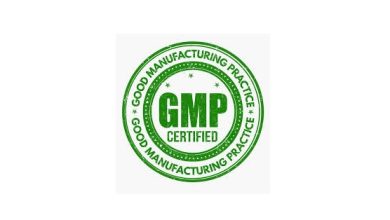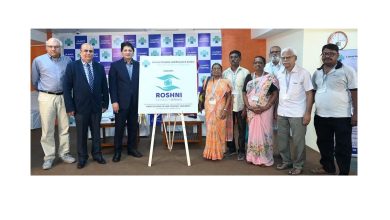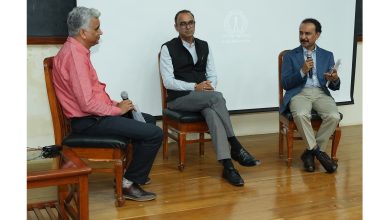Association of Healthcare Providers Welcomes the Cabinet Committee Approved Officially Amended National Medical Commission (NMC) Bill 2017

The Government has accepted the recommendations made by the Parliamentary Standing Committee in its report tabled in the Parliament on 20.03.2018 particularly those relating to medical students and practitioners regarding certain critical provisions of the Bill. The newly amended NMC Bill 2017 brings into sharp focus the vision and priority of the present Government aimed at rejuvenating the healthcare sector in India and fulfills the objectives of having a world-class regulatory framework in relation to medical education in India.The Union Cabinet Committee chaired by Prime Minister Shri Narendra Modi approved the following amendments.
Firstly, taking a humane approach the cabinet committee accepted the demand of medical students and medical practitioners and arrived at the decision of not subjecting medical students to an additional licentiate exam for the purpose of acquiring license to practice, final MBBS Examination to be held as a common exam across the country and would serve as an exit test called the National Exit Test (NEXT). NEXT would also serve as the screening test for doctors with foreign medical qualifications in order to practice in India.
Secondly, the maximum limit of 40% seats for which fee would be regulated in private medical institutions and deemed universities has been increased to 50% seats. Further, it has been clarified that the fee would also include all other charges taken by the colleges.
Thirdly, taking into account the demands from States to increase their representation in the NMC, the nominees of States and UTs in the NMC have been increased from 3 to 6. The NMC will comprise of 25 members of which at least 21 will be doctors.
Fourthly, monetary penalty for a medical college non-compliant with the norms replaced with a provision which provides different options for a warning, reasonable monetary penalty, reducing intake, stoppage of admission leading up to the withdrawal of recognition.
Fifthly, since the government is concerned about the quality and safety of healthcare being made available to the citizens, punishment for any unauthorized practice of medicine/quackery has been made strict by including a provision for an imprisonment of up to one year along with a fine extending up to Rs. 5 lakhs.
The newly amended NMC Bill assumes immense significance in view of the abject failure of the Medical Council of India as the regulator of medical education in the country, resulting in innumerable challenges to the healthcare industry in India, shortage of doctors including specialists and super specialists in adequate numbers and of requisite quality; deficiency of teachers in medical colleges, disconnect between medical education system and healthcare system; geographical mal-distribution of medical colleges; poor regulation of Undergraduate (UG) and Postgraduate (PG) education, unaccountability to name a few.
In view of the fact that, the current situation in the healthcare sector has gone far beyond the point of incremental tweaking of the present system, Association of Healthcare Providers, India, (AHPI) welcomes the newly amended National Medical Commission Bill (NMC Bill) 2017 as a game changer reform initiative of transformational nature, as such the need of the hour for both medical education system and healthcare industry.




